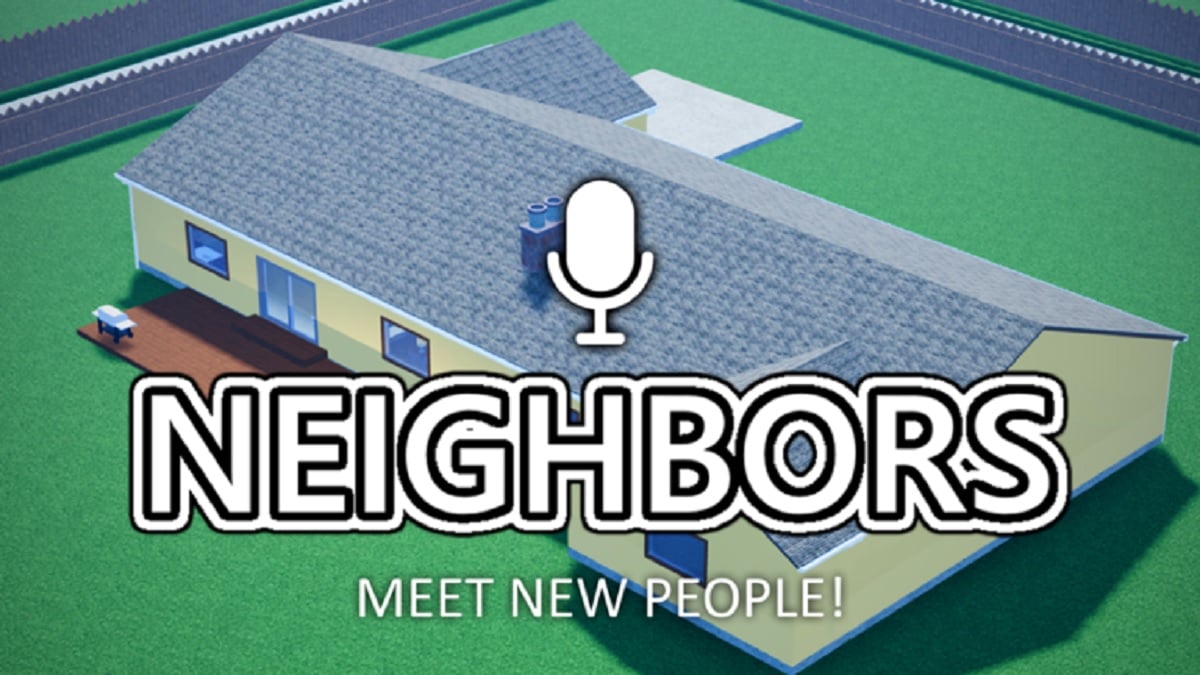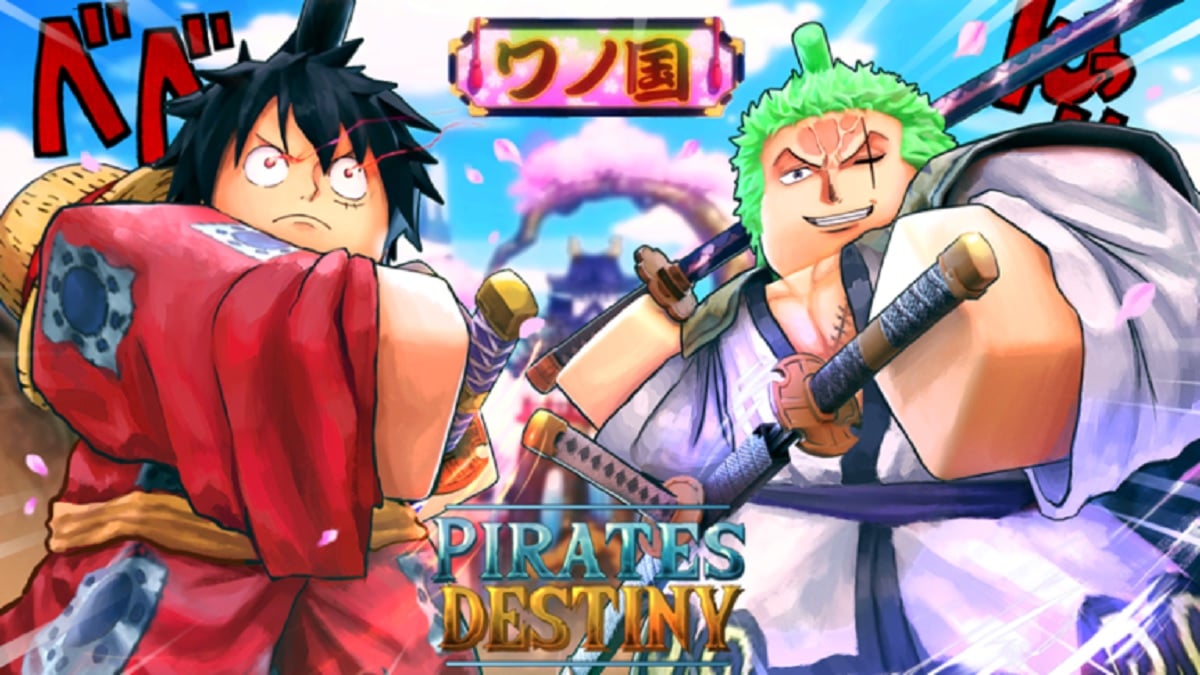Project Greenlight took off last week and it is burning up my twitter feed. Lots of developers I know and have personally supported on other platforms have made a push to get on to Steam. Many projects I didn’t know about have instantly gotten a thumbs up from me.
Even as a joke, the Halo Greenlight project got a bit of a rise from me.
That’s why when I read the comments on developer pages and forums akin to “this game doesn’t belong on Steam,” well it raises a true sense of superiority to the platform and a lot of criticism. Steam has been so successful with creating hits, that this line actually does bear some weight in discussion.

First and foremost, let’s get this out of the way. Steam is a distribution platform. The main job the employees and overlords that work on this service have is to ensure Steam is a quality product. So far, Valve has handled that beautifully. They struggled for a bit early on in finding their voice, but now it is the most illustrious platform for PC gamers to purchase there wares.
Steam is the default for PC gamers and it is because the products on the system ensure that. For years, the service has been rejecting developer’s projects. I’ve seen games I’ve really enjoyed get rejected from the service. It’s crushing to developers, but that’s because Steam is the big stage.
A flood of titles on the service isn’t exactly the most beneficial, especially if the games won’t be well received when they land. Project Greenlight is brilliant in this way. One part Kickstarter, one part sorting device. It is an opportunity for developers to put their game on the world stage and let their product be judged. It’s a lot easier to see a physical response to games coming on to the service than it is to spend money on marketing teams that could pass on a hit. For that reason, Valve has done something brilliant.
In essence, that’s what this system is. It’s a way to bypass the nonsense of the approval process by letting fans choose who goes on to the service. Now, some people don’t understand why the service itself even bothers to reject games. There are reasons and they aren’t always about quality. See, Steam doesn’t want the biggest library of games for people to download from. They want the best. As Xbox Live Indie Games has already proven, when you let everybody flood a service, people drown in the tsunami.
I support and applaud that kind of concept, but to ensure quality of product, moderation is needed. That’s where this gets interesting. I’m not exactly sure this is going to improve games odds or not in the process. Valve still has final say so. “The specific number of votes doesn’t matter as much as relative interest in a game compared with other games in Steam Greenlight.”
Right now we’re picking the popular kids for Steam. This is American Idol for the games industry.

People seem to question even the logic of even putting a down vote on Project Greenlight. That’s actually more understandable from a marketing perspective. Really, if you have filled a survey out before, they ask you flat out whether or not you like something. Usually it’s an “agree” or “disagree” situation with varying levels to complicate it, but with the potential number of votes, that’s unnecessary.
You as the jury should be telling Steam if you are excited for these games. More importantly, developers should be selling you on their product. There are no free rides, and if a developer doesn’t do the best they can to show you the product is quality, tell Steam that.
I understand that it’s heartbreaking to think that we’re putting these games up in a popularity contest, but let’s be honest. This is nothing but free advertising for these games. I don’t know when or if these games will ever get on Steam, but I do have plenty to look forward to regardless. Games like these always have another avenue and if this is doing one thing, it’s putting plenty of attention on smaller games.

You might still be asking though, what does belong on Steam?
Whatever you want really. I’m not even sure Valve knows what’s going to happen with all of this. These games are diverse enough to warrant a browse through for anybody and I’m rooting for more than a few games to blow through this process, as I believe they deserve it.
Now in saying all this, I can’t stand behind people that blow off games because “this is the same thing as…”, “we have too many of these already,” or “…it’s a flash game!” These comments are ludicrous. Some of the best games I’ve played run on the most basic of game systems. Some of them are copies of another game in which they did just enough to change everything I thought about the genre. I welcome fun from anybody that tries to put their own takes on established projects.
That’s the beauty of indie development. These ludicrous comments however are still valid in only one respect. The developers have not sold the consumer on the game. Developers, this is a great way for you to sit down and create a selling point for your product. Gamers are insatiable, especially when it comes to the Steam marketplace. They are looking to consume more and you have a good for sale.
Sell it.
Steam is only doing what it did in the past: Quality control. Now, it’s just doing it in a more elaborate way. Not all of these games belong on Steam. After going through a majority of them, I’ve seen plenty that do. Run through the list and vote for what you like or don’t like. Participation is the only way this actually works, and your vote could mean the difference in whether a game makes it on to the service.






Published: Sep 4, 2012 07:51 pm